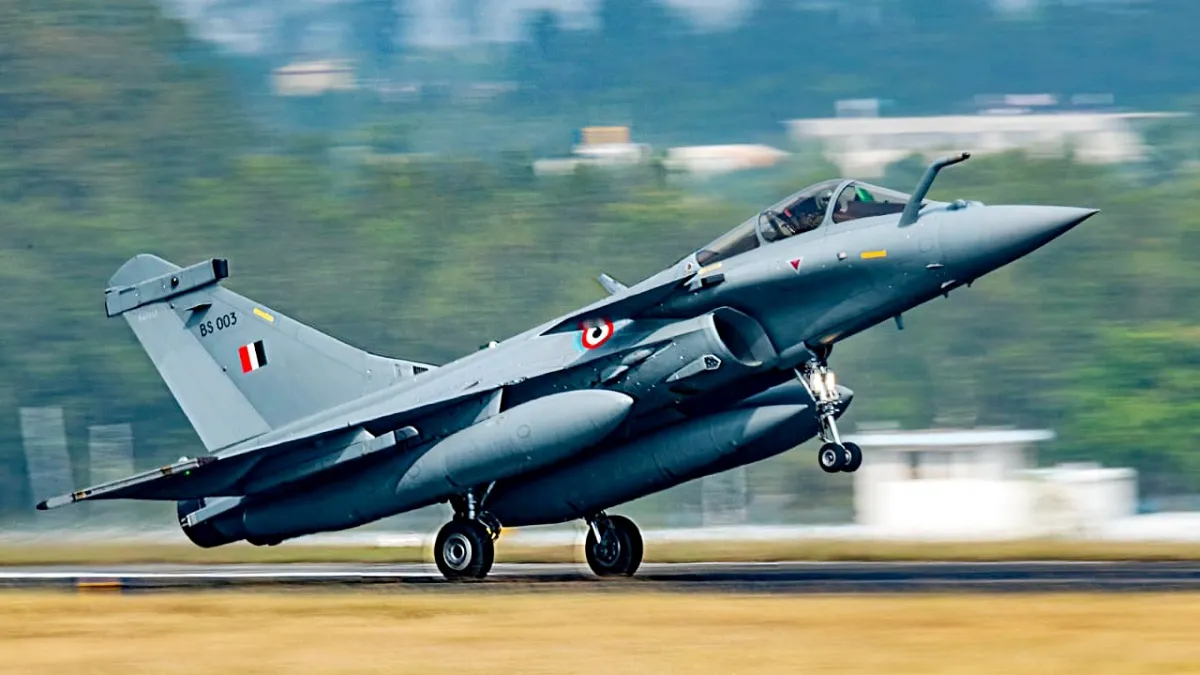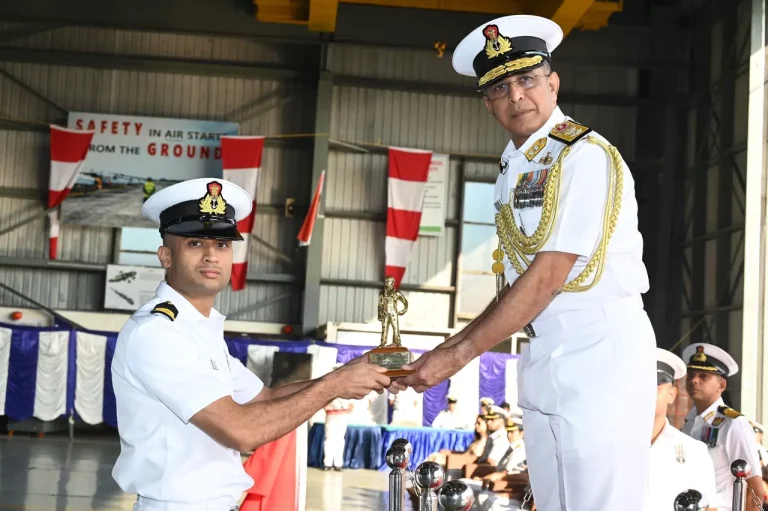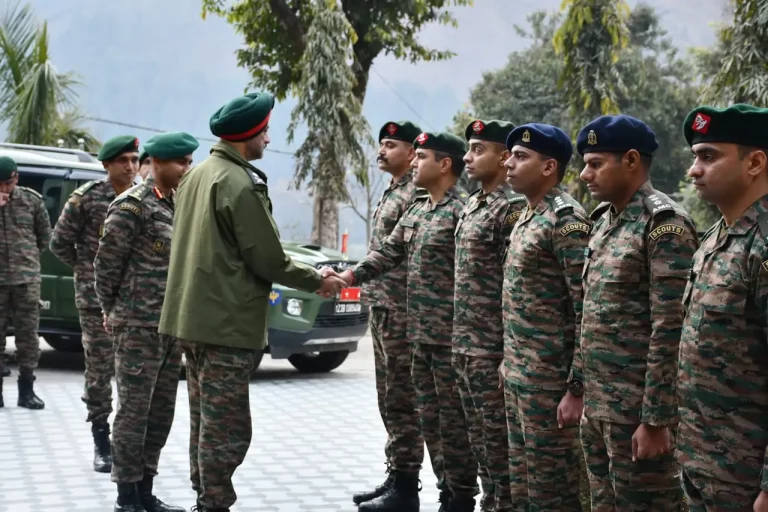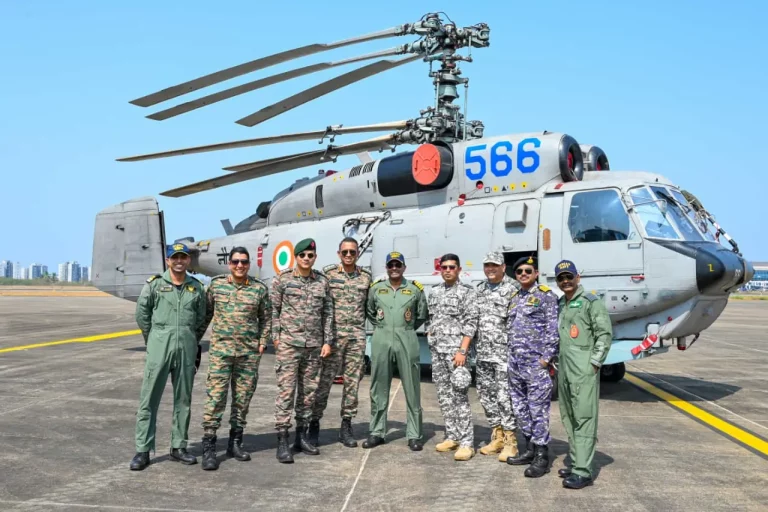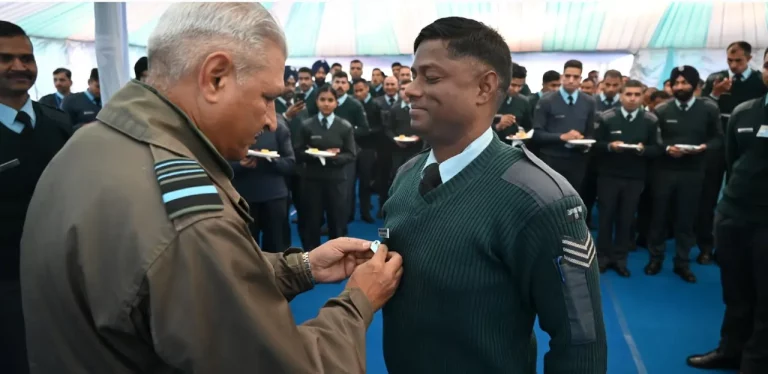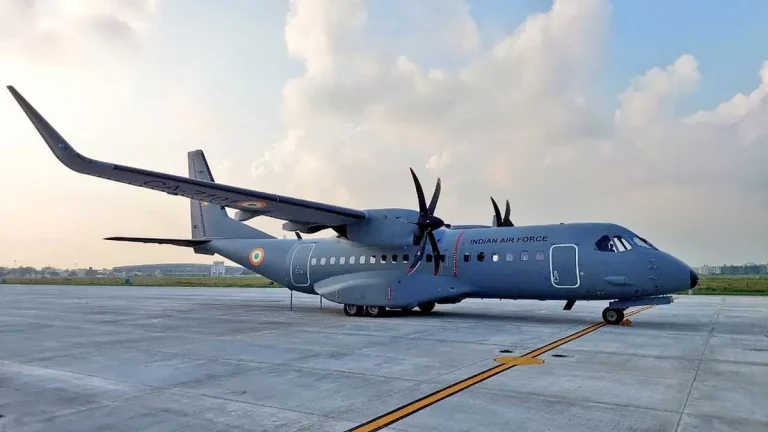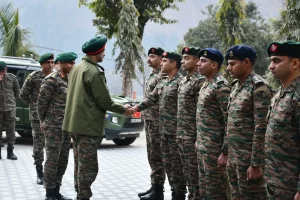Nagpur is set to embark on a transformative journey as a major production hub for Rafale fighter jets, following the announcement by French aerospace leader Dassault Aviation to establish a comprehensive final assembly line at its existing Dassault Reliance Aerospace Limited (DRAL) facility located in the MIHAN Special Economic Zone (SEZ).
This initiative will make Nagpur the first city outside of France to undertake the complete production of Rafale jets, with a projected capacity to assemble up to two jets per month. This significant expansion from merely producing key components like wings and fuselage to a full assembly operation represents a considerable advancement for India’s defense manufacturing and aerospace sectors. If the plans receive approval, assembly operations could commence within three years, with the production of all 114 jets under the ongoing procurement plan anticipated to be completed within six years—accelerating the timeline compared to current operations in France.
Nagpur’s strategic significance is underscored by the pressing needs of the Indian Air Force (IAF), which currently operates 31 fighter squadrons, notably short of the sanctioned strength of 42. In addition to meeting domestic military requirements, the city aims to play a vital role in export opportunities, potentially producing jets for countries like Indonesia. This positioning could elevate Nagpur alongside Toulouse, France, as a key global center for aerospace production and exports.
The DRAL facility, a collaboration between Dassault Aviation and the Reliance ADA Group, has already been engaged in the production of critical components for the Rafale jets. The establishment of a full assembly line is expected to generate thousands of jobs spanning the engineering, aviation, component manufacturing, and electronics sectors. This development promises to cultivate a robust aerospace ecosystem within the MIHAN SEZ. Contributions from Hyderabad will also be significant, as Tata Advanced Systems Limited (TASL) is set to manufacture Rafale fuselages, while France’s Safran will manage engine assembly and maintenance, with fuselage production projected to start in 2027–28 at a similar rate of two fuselages per month.
The Rafales constructed in Nagpur will be equipped with the advanced F4 standard, incorporating upgraded radar and electronic warfare capabilities, improved integration with unmanned systems, along with India-specific modifications that include engine enhancements in collaboration with the Gas Turbine Research Establishment (GTRE). The Indian government aims for a localization target of 60%, which could lead to cost reductions of around 30%, thereby bolstering India’s competitive stance in defense exports.
Should the Defence Procurement Board endorse the proposal, the establishment of a full Rafale production line in Nagpur is poised not only to expedite the delivery of fighter jets to the Indian military but also to radically reshape the city’s industrial fabric, enhance employment prospects, and reinforce India’s aspirations for self-reliance and leadership in the global aerospace sector.
